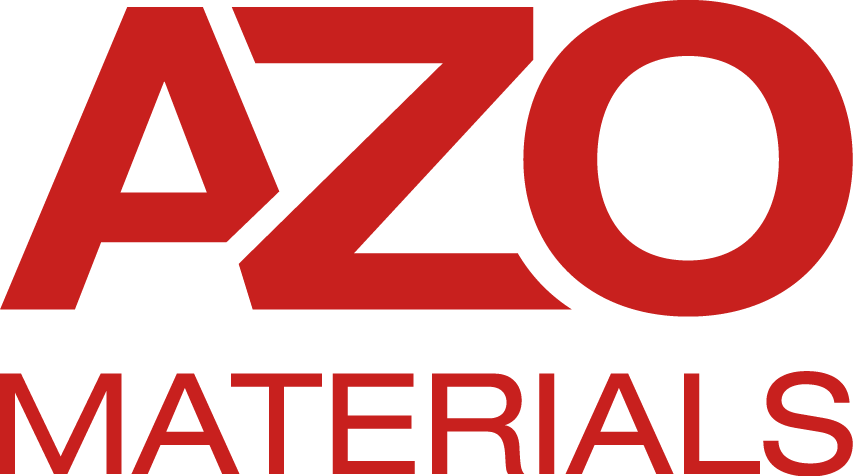BioAegis Launches Phase 2 Study on rhu-pGSN to Combat ARDS
NORTH BRUNSWICK, N.J., Oct. 17, 2024 (GLOBE NEWSWIRE) – BioAegis Therapeutics, a clinical-stage biotech company specializing in innovative therapies for inflammatory diseases, is making significant strides in the fight against Acute Respiratory Distress Syndrome (ARDS) with the enrollment of the first patient in its Phase 2 clinical trial of recombinant human plasma gelsolin (rhu-pGSN). This pivotal study aims to evaluate the efficacy and safety of rhu-pGSN in treating moderate-to-severe ARDS, a condition that poses critical challenges to patients and healthcare systems globally.
Understanding the Phase 2 Clinical Trial
The Phase 2 trial, identified as NCT05947955, is a randomized, double-blind, placebo-controlled proof-of-concept study. It seeks to quantify the efficacy of rhu-pGSN, administered alongside standard care protocols, focusing on survival without organ failure at Day 28 post-treatment. Participants will receive six intravenous doses of rhu-pGSN, specifically targeting those hospitalized with moderate-to-severe ARDS caused by infections.
- Study Scope: 600 subjects targeting severe ARDS cases.
- Geographical Reach: The study will occur across 75 clinical sites in the U.S., Canada, the UK, and several EU countries, including Belgium, France, Italy, Germany, and Spain.
The Urgent Need for Effective ARDS Treatments
ARDS, often a complication arising from severe infections like sepsis or pneumonia, results in critical lung injury characterized by fluid leakage into the lungs, necessitating intensive intervention with mechanical ventilation. Each year, over 500,000 U.S. patients are affected by ARDS, with a mortality rate nearing 40%. Even those who survive often face lasting health challenges.
Dr. Susan Levinson, Chief Executive Officer of BioAegis, remarked, "We are excited to have begun enrollment in this important study. Our commitment is to save lives by addressing the challenges of this complex disease, which is also a major drain on healthcare resources across the globe." Her statement underscores the urgency of finding effective therapies that can alleviate the burden of ARDS.
Harnessing the Power of Plasma Gelsolin
At the heart of BioAegis’ strategy lies plasma gelsolin, a naturally occurring protein in the human bloodstream that plays a crucial role in immune response. Bypassing inflammation through its unique multitasking abilities, gelsolin:
- Facilitates macrophage uptake and elimination of pathogens.
- Binds and neutralizes harmful inflammatory mediators.
- Modulates macrophage characteristics to better control inflammation.
In patients with ARDS, endogenous levels of plasma gelsolin drop severely, correlating directly with disease severity. Supplementing with rhu-pGSN helps restore these levels, reinforcing the body’s fight against excessive inflammation—a hallmark of ARDS.
Innovative Therapeutic Solutions
As part of BioAegis’ commitment to leading-edge healthcare solutions, rhu-pGSN is positioned as a non-antibiotic, host-directed treatment that does not suppress immune function, unlike many conventional therapies. This unique approach aims to elevate the immune system’s ability to tackle infections while controlling inflammation, offering a promising direction in the treatment landscape.
BioAegis holds exclusive licenses to extensive intellectual property, bolstered by over 40 patents focused on inflammatory diseases, extending its reach into significant unmet medical needs with potential applications in various conditions beyond ARDS.
The Impact on the Healthcare Landscape
The ongoing research and trials spearheaded by BioAegis Therapeutics promise to pave the way for revolutionary changes in the management of ARDS and ultimately aim to reduce society’s vulnerability to future global pandemics. With increasing rates of severe infectious diseases and inflammatory conditions, successful trial outcomes could lead to enhanced treatment protocols, better survival rates, and significantly improved quality of life for patients.
For more information about the trial, you can access detailed study records on ClinicalTrials.gov or follow updates from trusted medical sources such as Wired, TechCrunch, or The Verge.
Your insights matter—what are your thoughts on the implications of rhu-pGSN for ARDS treatments? Join the conversation by sharing your opinions in the comments below!


